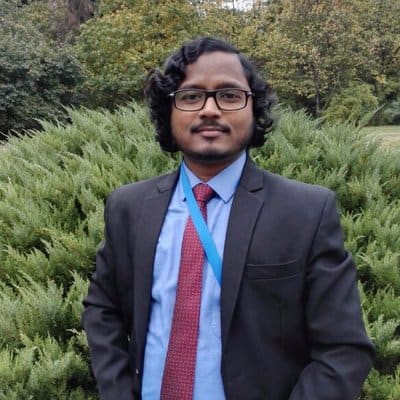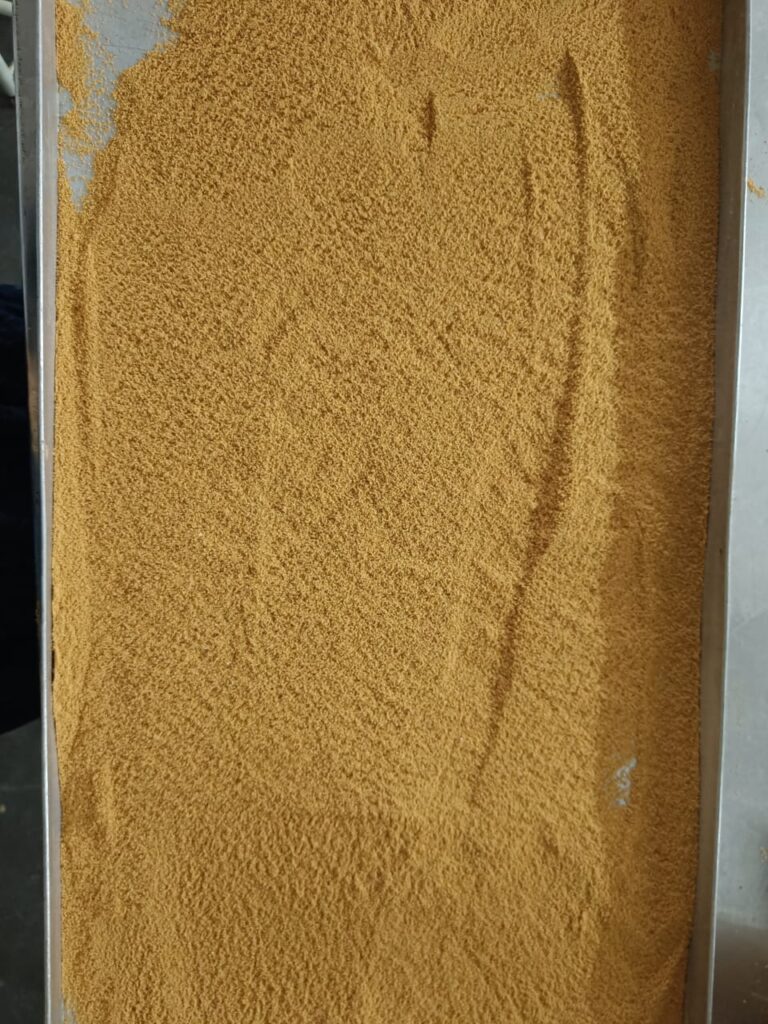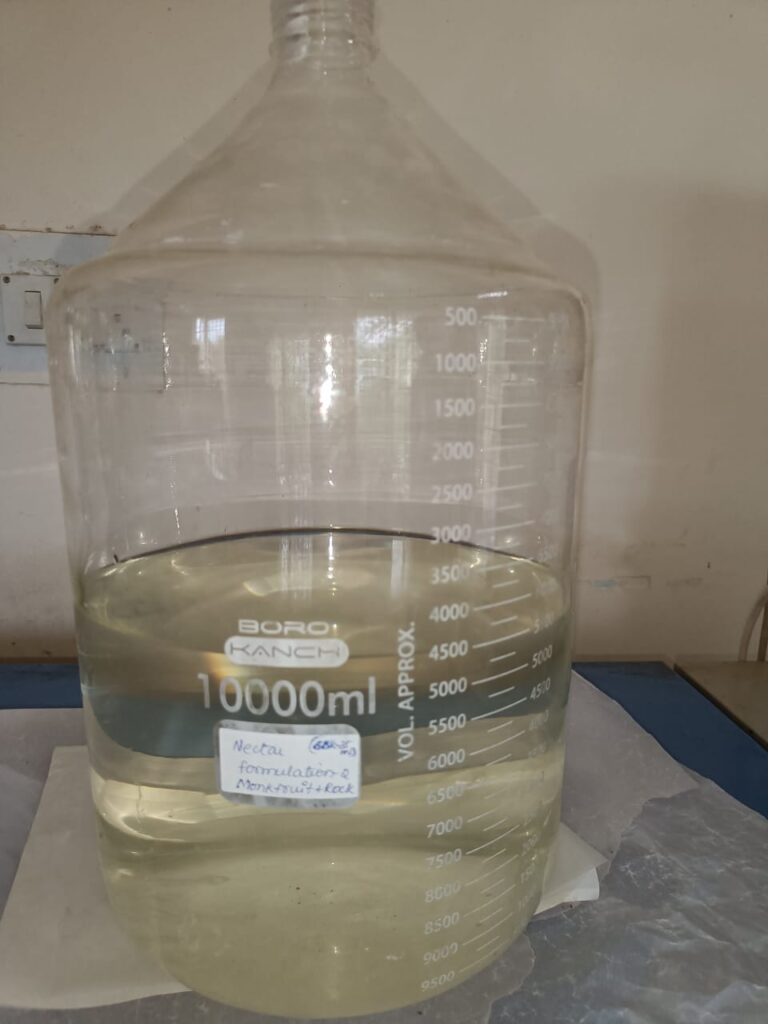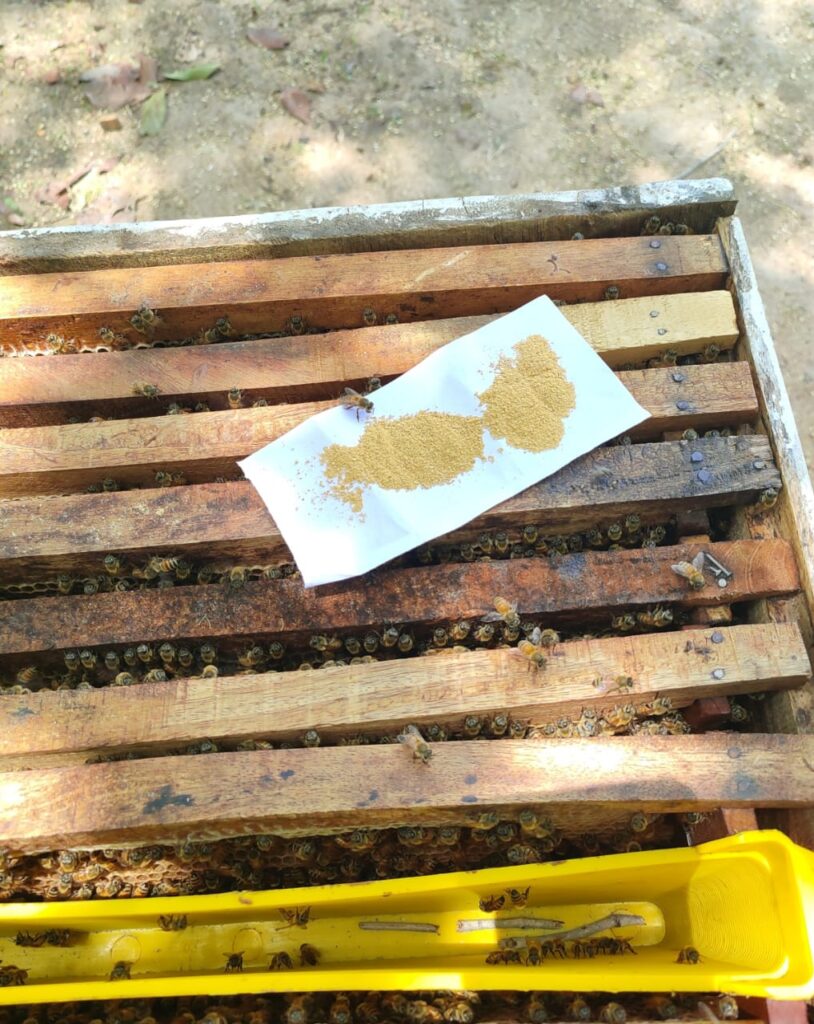Telangana: Artificial pollen and nectar to boost beekeeping and ecology
The population of bees has been dwindling for decades, and studies predict their extinction sooner or later. While climate change and the indiscriminate use of pesticides are some of the major causes for the collapse of bee colonies, another significant cause is the scarcity of pollen and nectar necessary for its thriving.
In a major breakthrough, the world’s first artificial pollen and artificial nectar invented and patented by a horticultural scientist from Telangana holds promise to address that scarcity.
Among many of his innovations, Dr J Shankaraswamy assistant professor of fruit science, College of Horticulture, Mojerla, Sri Konda Laxman Telangana State Horticultural University (SKLTSHU), has patented two types of pollen and nectar which can be beneficial to the beekeeping industry.

Bees feed on nectar, extracted as honey
He tells Siasat.com the conditions bee colonies tend to collapse. “During rains, or during summers when the temperature is too high, or when the flowerage is low and the availability of pollen is scarce, the bee colonies tend to collapse as they are unable to find food,” he says.
“Usually when pollen and nectar are unavailable, the bees consume the nectar which is already stored in their colonies. This nectar is the honey which we extract,” he says.
“Beekeepers mix natural pollen collected from the previous season with soya powder to feed the colonies raised by them. To substitute nectar they use sugar water to feed the bees,” Dr Shankaraswamy tells Siasat.com, adding, this leads to adulteration.
Artificial pollination
To stop this, the assistant professor has found solutions in plenty of horticultural crops rich in protein, fats, lipids, amino acids and other essential minerals.
He claims that he has extracted 21 types of amino acids which the bees need from various horticultural crops.
For instance, Dr Shankaraswamy has extracted omega-3 fatty acids from the sea buckthorn fruit, which is also called a seaberry. He extracted carbohydrates from the starches of sweet potato and yam. He extracted the flavour from Nannari roots which are commonly found in the forests, which the bees prefer. Using extracts from Baobob fruit, black acacia gum and extracts from some rare plants, he has prepared two types of pollen.

He uses the peel and pulp of Red Banana, converting it into a sugar solution (nectar) rich in amino acids, vitamins and minerals.
He has also tried to mimic the artificial pollen and the original ones by using advanced technologies. That includes ensuring auto-fluorescence, and taste, conducting particle size analysis of pollen, testing for thermoregulation, and other factors necessary for the bee to consume the artificial pollen and nectar.

Dr Shankaraswamy claims that he has checked the bee colonies for various strength parameters including the activeness of the bees fed by the nutrition-rich artificial pollen and nectar, and observed that the life-span has increased from 21 to 31 days.

Awards and accolades
Dr Shankaraswamy has been nominated for a notable award being given in honour of Sir bPietro de’ Crescenzi, at the 2nd International Agricultural Conference on Natural Farming Innovations: Enhancing Soil Health and seed quality with AI and Drones for a Greener Agriculture Future; being held in Odisha on Tuesday, November 5.
He is receiving the award for his contribution to the formulation and patenting of artificial pollen and nectar which is beneficial to the beekeeping industry, and the ecology.
The conference is being held jointly by the Government of India, Indian Council of Agricultural Research (ICAR), Benaras Hindu University (BHU), Hindustan Agricultural Research and Welfare Society (HARWS) and Southern Federal University, RUSSIA, in collaboration with other institutions.

